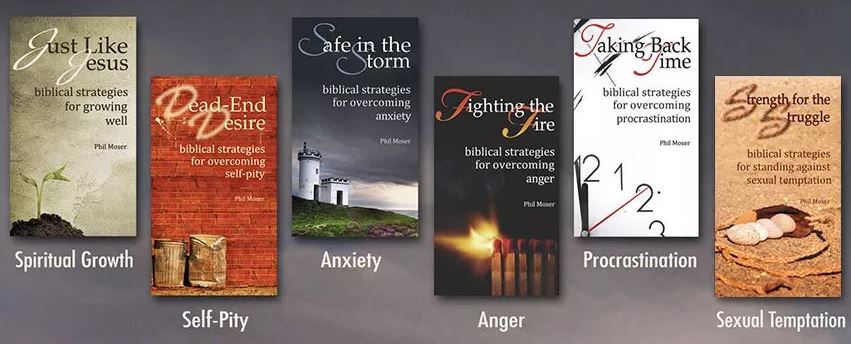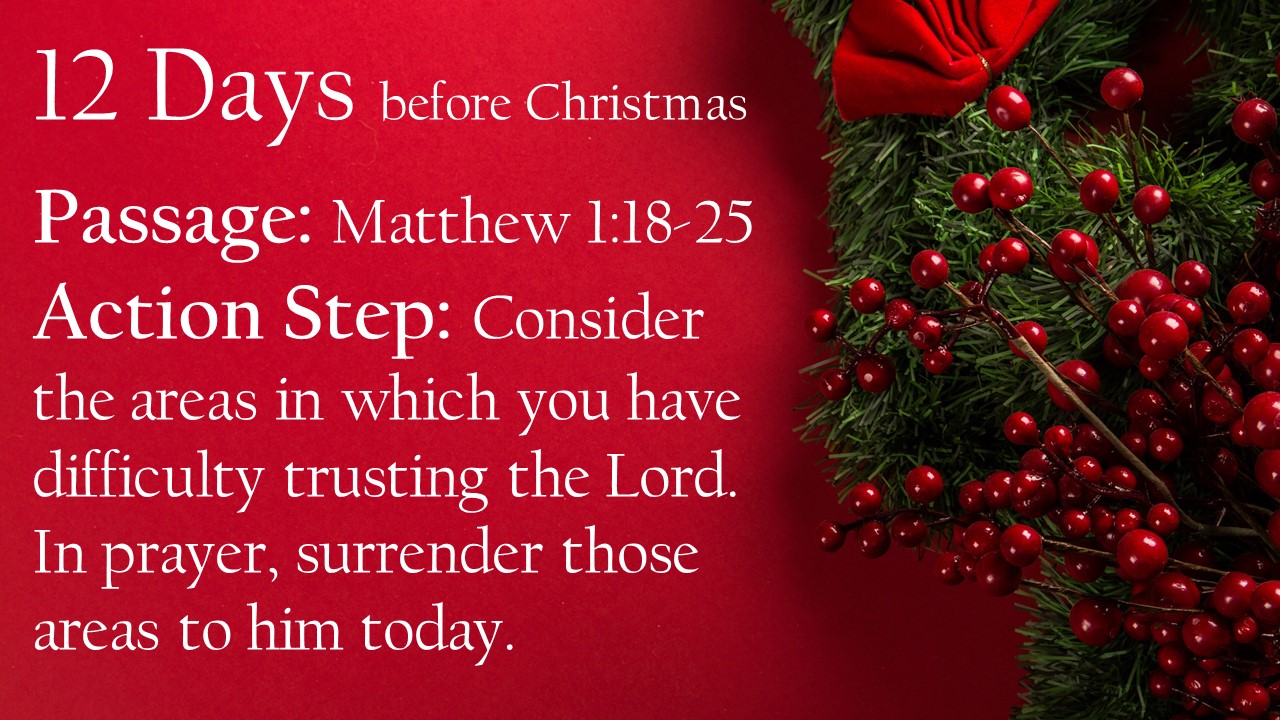 Acts of kindness are not only good for the other person, we’re learning that they are also good for you. In Raising Happiness: In Pursuit of Joyful Kids and Happier Parents Christine Carter writes, “People who volunteer tend to experience fewer aches and pains. Giving help to others protects overall health twice as much as aspirin protects against heart disease.”
Acts of kindness are not only good for the other person, we’re learning that they are also good for you. In Raising Happiness: In Pursuit of Joyful Kids and Happier Parents Christine Carter writes, “People who volunteer tend to experience fewer aches and pains. Giving help to others protects overall health twice as much as aspirin protects against heart disease.”
Dr. David R. Hamilton confirms that acts of kindness release a hormone known as oxytocin. Oxytocin, known as the “cardioprotective” hormone, causes the release of a chemical called nitric oxide, which dilates the blood vessels, reduces blood pressure, and protects the heart.
While being kind to others has personal health benefits, it has spiritual implications as well. When we’re sinned against, kindness keeps us from sinning in return. The apostle Paul offers it as an alternative response to the angry person. He writes, “Let all bitterness and wrath and anger and clamor and slander be put away from you, along with all malice. Be kind to one another, tenderhearted, forgiving one another, as God in Christ forgave you (Eph. 4:31-32)
Kindness is both an attitude and an action.
When we hear the word kindness, chances are a name comes to mind — perhaps a parent, sibling, teacher, or friend. They were gentle with the harsh, and patient with anxious. But kindness is more than an attitude. The Bible clarifies this truth by adding acts of kindness to the definition. The Greek scholar W.E. Vine points out the nuance of this meaning. He writes, “Kindness is not merely goodness as a quality, rather it is goodness in action, goodness expressing itself in deeds […] but with grace and tenderness and compassion.”
Kindness shows mercy on the underserving.
There’s an Old Testament story that demonstrates the close relationship that mercy has with kindness. King David was from the tribe Judah. His predecessor, King Saul, was from the tribe of Benjamin. Both lived over 3,000 years ago. In the ancient middle-east, a monarchy was a family thing. Leaders were not elected officials. The scepter would pass from father to son. When a new prince would take the headship, it was not unusual for him to execute any potential rivals to the throne. King Saul would have preferred that the throne would pass to his son, Jonathan. But God had different plans. Due to Saul’s disobedience, God tore the kingship from Saul and gave it to David (1 Sam. 15:28). While David’s kingdom was ordained by God, any potential heir from Saul’s line would still poise a political threat to the new king. David’s reign wasn’t marked by a self-protective spirit, but one of kindness to Saul’s heir. One of his first acts as king was to protect Saul’s line, not end it. Here’s the way Samuel told the story:
“And David said, “Is there still anyone left of the house of Saul, that I may show him kindness for Jonathan’s sake?” Now there was a servant of the house of Saul whose name was Ziba, and they called him to David. […] And the king said, “Is there not still someone of the house of Saul, that I may show the kindness of God to him?” Ziba said to the king, “There is still a son of Jonathan; he is crippled in his feet.” […] And Mephibosheth the son of Jonathan, son of Saul, came to David and fell on his face and paid homage. And David said, “Mephibosheth!” And he answered, “Behold, I am your servant.” And David said to him, “Do not fear, for I will show you kindness for the sake of your father Jonathan, and I will restore to you all the land of Saul your father, and you shall eat at my table always” (2 Sam. 9:1-7) [emphasis added].
It appears David showed Mephibosheth kindness not in spite of his condition, but because of his condition. The young man would have been in imminent danger as a political outcast. As a 10th-century BC paraplegic, he would have been fully dependent on others. David saw his condition and chose to show mercy. He even referenced such mercy as “the kindness of God.”
Leeland, the 15-year-old songwriter saw the David/Mephibosheth story as a metaphor for our relationship with God. He penned his lyrics:
Wounded and forsaken, I was shattered by the fall
Broken and forgotten, feeling lost and all alone
Summoned by the King, into the Master’s courts
Lifted by the Savior, and cradled in His arms
I was carried to the table, seated where I don’t belong
Carried to the table, swept away by His love
And I don’t see my brokenness anymore
When I’m seated at the table of the Lord
I’m carried to the table, the table of the Lord.
Fighting thoughts of fear, and wondering why He called my name
Am I good enough to share this cup, this world has left me lame
Even in my weakness, the Savior called my name
In His Holy presence, I’m healed and unashamed
You carried me, my God. You carried me.
God, in his mercy, has shown us great kindness. To strengthen our relationships with others, we would do well to do the same.
Phil Moser is the author of the Biblical Strategies resources. His books can be found at biblicalstrategies.com and at Amazon.com

 When I read Luke’s account of the Christmas story, I’m struck by the difficulties of Mary’s final trimester and, at the same time, the absence of a complaining spirit.
When I read Luke’s account of the Christmas story, I’m struck by the difficulties of Mary’s final trimester and, at the same time, the absence of a complaining spirit.




 The Christmas story gets started in Matthew’s Gospel.
The Christmas story gets started in Matthew’s Gospel.
 If you get pulled into any trivia games over the Christmas holidays, here are some little-known facts about The 12 Days of Christmas that may win you some points:
If you get pulled into any trivia games over the Christmas holidays, here are some little-known facts about The 12 Days of Christmas that may win you some points:


 Search the phrase gentle as, and Google will finish the job with words like lamb and dove. We don’t typically associate that phrase with lions and tigers and bears. It’s easy to mistake the word gentleness with the word weakness. But the ancient Greeks had a different rendering. For them, the word meant “strength under control.” Aristotle thought of it as the middle ground “between bad temper and spineless incompetence, between extreme anger and indifference.” Adds one Greek scholar,
Search the phrase gentle as, and Google will finish the job with words like lamb and dove. We don’t typically associate that phrase with lions and tigers and bears. It’s easy to mistake the word gentleness with the word weakness. But the ancient Greeks had a different rendering. For them, the word meant “strength under control.” Aristotle thought of it as the middle ground “between bad temper and spineless incompetence, between extreme anger and indifference.” Adds one Greek scholar,
 Few words wreak havoc on our relationships like the word unfaithfulness. Simply ask the employee whose 401K is depleted by his boss’s illegal activity and extravagant living. Or the wife who promised her faithfulness at the altar, and later discovered that her husband’s similar promise went unkept for years without her knowing it. Or the law enforcement officer whose partner’s under-the-table operations jeopardized his life each time they went out on a call. When someone has been unfaithful in a relationship with us, it can cause us to grow cynical in our other relationships as well. Faithfulness matters.
Few words wreak havoc on our relationships like the word unfaithfulness. Simply ask the employee whose 401K is depleted by his boss’s illegal activity and extravagant living. Or the wife who promised her faithfulness at the altar, and later discovered that her husband’s similar promise went unkept for years without her knowing it. Or the law enforcement officer whose partner’s under-the-table operations jeopardized his life each time they went out on a call. When someone has been unfaithful in a relationship with us, it can cause us to grow cynical in our other relationships as well. Faithfulness matters.

 When we think of Thanksgiving and Christmas, we typically think of words like “family” and “joy.” But a few years back, I came to realize that for many the words family and joy don’t work well in the same sentence. Family members are estranged from one another, and often when they do get together it’s more about enduring each other than spontaneous joy. I even had one person confess, “Why do you think we drink so much over the holidays? It’s the only way we can handle being together with people we don’t like very much.” As we head into the holiday season, here are three stumbling blocks to being thankful and, most importantly, what we can replace them with.
When we think of Thanksgiving and Christmas, we typically think of words like “family” and “joy.” But a few years back, I came to realize that for many the words family and joy don’t work well in the same sentence. Family members are estranged from one another, and often when they do get together it’s more about enduring each other than spontaneous joy. I even had one person confess, “Why do you think we drink so much over the holidays? It’s the only way we can handle being together with people we don’t like very much.” As we head into the holiday season, here are three stumbling blocks to being thankful and, most importantly, what we can replace them with.
 Acts of kindness are not only good for the other person, we’re learning that they are also good for you. In Raising Happiness: In Pursuit of Joyful Kids and Happier Parents Christine Carter writes, “People who volunteer tend to experience fewer aches and pains. Giving help to others protects overall health twice as much as aspirin protects against heart disease.”
Acts of kindness are not only good for the other person, we’re learning that they are also good for you. In Raising Happiness: In Pursuit of Joyful Kids and Happier Parents Christine Carter writes, “People who volunteer tend to experience fewer aches and pains. Giving help to others protects overall health twice as much as aspirin protects against heart disease.”
 Patience is a key word for any relationship that wishes to go the distance. I once heard people compared to porcupines huddling together on a cold evening for warmth. Once they warm up, their quills begin to prick each other and they move away only to grow cold again. We need others, but they also annoy us. That’s why patience is such a needed virtue in our relationships. While it is the fourth quality catalogued for the Fruit of the Spirit (Gal 5:22-23), it is the first of seventeen qualities listed that define love in the book of 1 Corinthians (1 Corinthians 13:4-6). The word translated “patient” in both lists is the word makrothymeo. It is comprised of two Greek words: macro meaning long and thumos meaning temper. To be a patient person is to be long-tempered. The circumstances that would reveal anger in the average person don’t seem to affect the patient person in the same way. While the Bible tells us love is patient, I have found it’s often hardest to be patient with those I claim to love the most. The more comfortable we are in a relationship, the more likely we are to grow impatient with one another’s shortcomings.
Patience is a key word for any relationship that wishes to go the distance. I once heard people compared to porcupines huddling together on a cold evening for warmth. Once they warm up, their quills begin to prick each other and they move away only to grow cold again. We need others, but they also annoy us. That’s why patience is such a needed virtue in our relationships. While it is the fourth quality catalogued for the Fruit of the Spirit (Gal 5:22-23), it is the first of seventeen qualities listed that define love in the book of 1 Corinthians (1 Corinthians 13:4-6). The word translated “patient” in both lists is the word makrothymeo. It is comprised of two Greek words: macro meaning long and thumos meaning temper. To be a patient person is to be long-tempered. The circumstances that would reveal anger in the average person don’t seem to affect the patient person in the same way. While the Bible tells us love is patient, I have found it’s often hardest to be patient with those I claim to love the most. The more comfortable we are in a relationship, the more likely we are to grow impatient with one another’s shortcomings.
 It’s easy for our prayer life to become routine. Perhaps, this is why Jesus warned us against meaningless repetition. When it becomes routine, it seems like the only thing that changes are the requests that we bring. Rather than just change the requests, try changing up the praise portion of your prayer time. Here are three ways that have worked for me. Pray through the (1) who, (2) what, and (3) why of God.
It’s easy for our prayer life to become routine. Perhaps, this is why Jesus warned us against meaningless repetition. When it becomes routine, it seems like the only thing that changes are the requests that we bring. Rather than just change the requests, try changing up the praise portion of your prayer time. Here are three ways that have worked for me. Pray through the (1) who, (2) what, and (3) why of God.
 Several years ago, right in the middle of singing a familiar worship song, God showed up in a remarkable way. My eight-year-old son was singing next to me. His attitude had not been the greatest, and mine could have used a few adjustments too. He was fidgeting, and I was trying hard to keep my thoughts in order for the message that I was about to give. That’s when it happened — he stopped fidgeting long enough to tug on my sleeve. “Dad” he whispered, as his lower lip quivered. I leaned down to listen as he continued. “Remember the other night when you told me not to eat any more gummy worms after I got in bed?” He pauses, his eyes refusing to look at me. “Well, I did.”
Several years ago, right in the middle of singing a familiar worship song, God showed up in a remarkable way. My eight-year-old son was singing next to me. His attitude had not been the greatest, and mine could have used a few adjustments too. He was fidgeting, and I was trying hard to keep my thoughts in order for the message that I was about to give. That’s when it happened — he stopped fidgeting long enough to tug on my sleeve. “Dad” he whispered, as his lower lip quivered. I leaned down to listen as he continued. “Remember the other night when you told me not to eat any more gummy worms after I got in bed?” He pauses, his eyes refusing to look at me. “Well, I did.”